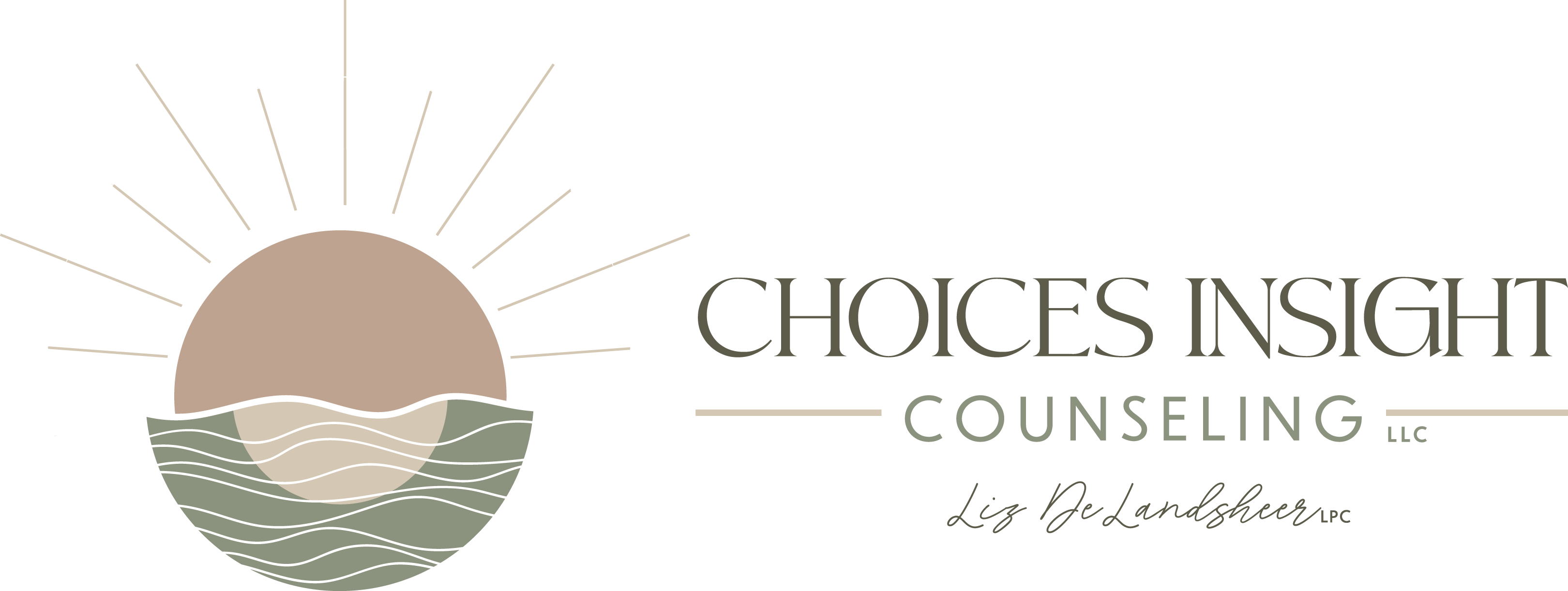What is Trauma?
Are you experiencing flashbacks, nightmares, severe anxiety, feeling forgetful or “foggy”? You may feel trapped in overdrive, on edge, irritable. Perhaps you are finding it difficult to concentrate. Trauma can alter how the brain functions. Its signs and symptoms can vary from finding it difficult to trust others, being constantly on guard, sudden panic, and intrusive anxiety-ridden thoughts. Trauma can significantly lessen your quality of life. Most people will experience trauma in their lifetime whether it’s a car accident, an abusive relationship, abusive boss or toxic workplace, childhood neglect, the sudden death of a loved one, a violent criminal act, exposure to the violence of war, or a natural disaster.
Have you experienced any of the following?
- Childhood abuse
- domestic violence
- sexual assault
- childhood sexual abuse
- witnessing a traumatic event
- war or a natural disaster
While some people can recover from trauma over time with love and support of family and friends, others may discover the effects of lasting trauma can cause a person to live with deep emotional pain, fear, confusion, or post-traumatic stress far after the event has passed. In these circumstances, the support, guidance and assistance of a professional therapist is fundamental to heal from trauma.
Symptoms of Trauma:
- Difficulty falling or staying asleep
- Feeling numb or on edge
- Sad or empty feelings
- Difficulty trusting others
- Flashbacks
- Nightmares
- Irritability
- Avoidance of situations that remind you of the trauma
- Chronic Pain/ Migraines
What occurs in trauma recovery?
For healing to begin in counseling, I will work with you to develop a supportive space that fosters safety, understanding, and without the fear of punishment, abandonment. The way we relate to others and the world around us is greatly influenced by our relationships and experiences. Therefore, if a person’s experiences have taught them that others are dangerous, unsupportive, or untrustworthy, they will continue to believe this until they have a corrective emotional experience. Trauma recovery focuses on providing you with understanding your trauma, increasing your awareness using mindfulness-based interventions, retraining your automatic thoughts, learning coping tools and how to implement them successfully, and practicing self-compassion.
Stages of Trauma Recovery:
Assessment of problematic symptoms
Goal setting
Education
Develop a mindfulness practice
Learning coping skills
Developing awareness/ insight
Continued Education
Group Therapy
Application of coping skills
Integration of Knowledge in between session
Exposure Therapy
Symptom Reduction



